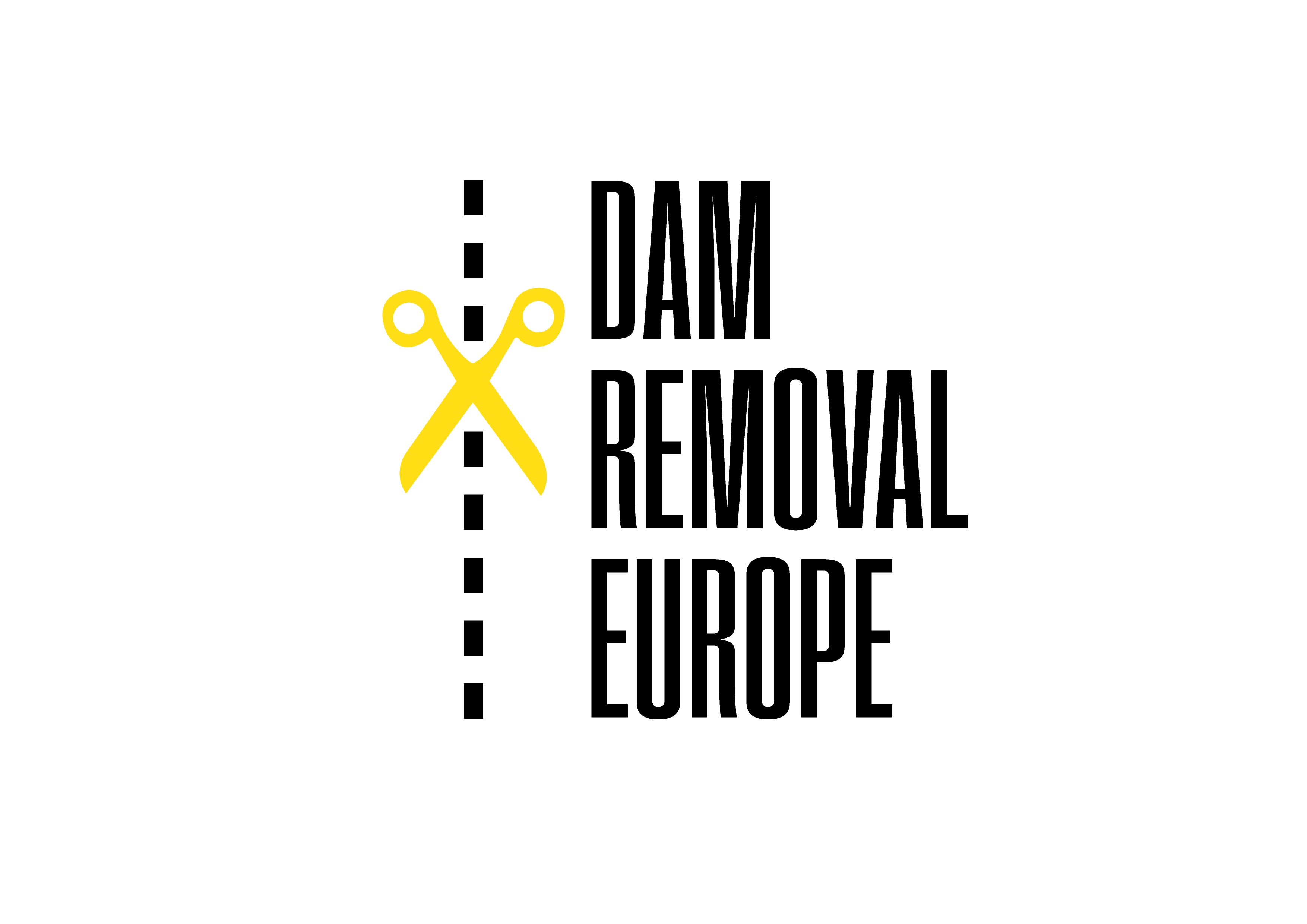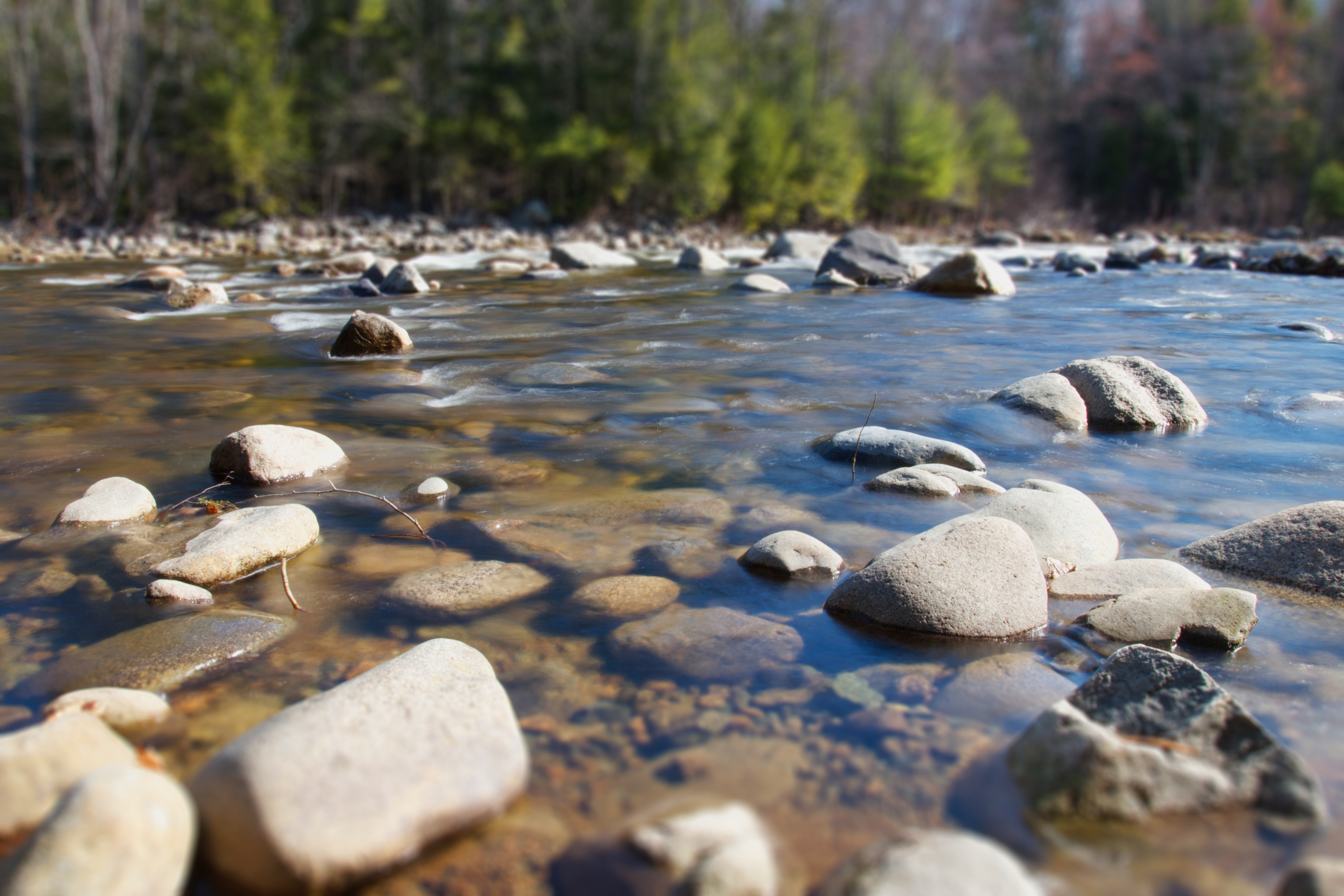Coalition Clean Baltic (CCB)
CCB was established in February 1990, in Helsinki, when environmental non-governmental organizations (ENGO’s) from the countries of the Baltic Sea Region became united to co-operate in activities concerning the Baltic Sea environment. CCB is a politically independent, non-profit association and at present, is a network of 22 organizations and 2 observers from Belarus, Finland, Russia, Estonia, Latvia, Lithuania, Poland, Germany, Denmark, Ukraine and Sweden. Combined, the CCB member organizations have over 800,000 members in all countries surrounding the Baltic Sea.
The main goal of CCB is to promote the protection and improvement of the environment and natural resources of the Baltic Sea Area. Common objectives for the CCB network include seeking opportunities to encourage new and constructive approaches and engaging people to become part of the solution instead of part of the problem. Being an international network organization, CCB has the advantage of being able to work both at the international and national policy levels as well as with concrete field projects.
HELCOM (Baltic Marine Environment Protection Commission – Helsinki Commission) is the governing body of the Convention on the Protection of the Marine Environment of the Baltic Sea Area. The convention not only covers the Baltic Sea but also its catchment area which is 4,5 times larger than the sea itself. HELCOM Contracting Parties are Denmark, Estonia, the European Union, Finland, Germany, Latvia, Lithuania, Poland, Russia and Sweden.
Project “Return salmonids to Baltic rivers”
Despite that HELCOM has identified priority Baltic Sea salmonid rivers and the need to restore natural (not stocked) salmonid populations not much has been done. One of the main problems are the barriers in a majority of the rivers. Almost all big rivers in the northern part of the catchment have major hydropower dams, very often several in the same river. In smaller rivers not only small-scaled hydropower dams are a problem but also dams that have been constructed for different purposes.
The project “Return salmonids to the Baltic rivers” aims to push HELCOM and the Contracting Parties to fulfill earlier given promises to restore and improve the situation for the Baltic salmonids by dam removals and fish- and fauna-passages in identified Baltic rivers.
The following concrete results are foreseen to be achieved:
- The first ever constructed fauna-passage/fishway in Belarus at Stracha River (a tributary of the Neman river) the site is 500 km from the Baltic sea and as such unique when it comes to migration in the Baltic Sea region. A public “kick off day” will be organized in September this year in Olkhovka village where the dam to be bypassed by the fishway is located.
- Shared knowledge on various migration barriers and possible mitigation measures, their applicability for different cases as well as tools for assessing their efficiency is obtained for the Baltic Sea Region.
- Pilot cases for enhancement of up and downstream migration in Russia, Estonia, Latvia, Lithuania, Belarus and Poland will be presented for relevant national authorities.
- CCB will at next HELCOM ministerial meeting present a list of prioritized rivers where HELCOM and the Contracting Parties should take immediate measures to avoid increased decline and problems for the Baltic salmonids (and for other species of fish as well as river ecosystems)
Within the project, a close cooperation will be ensured with other relevant regional projects as “Retrout” and “Life IP Rich waters”.
Thanks Lennart Gladh, Senior Advisor, from Coalition Clean Baltic for the information and congratulations on the great project!



